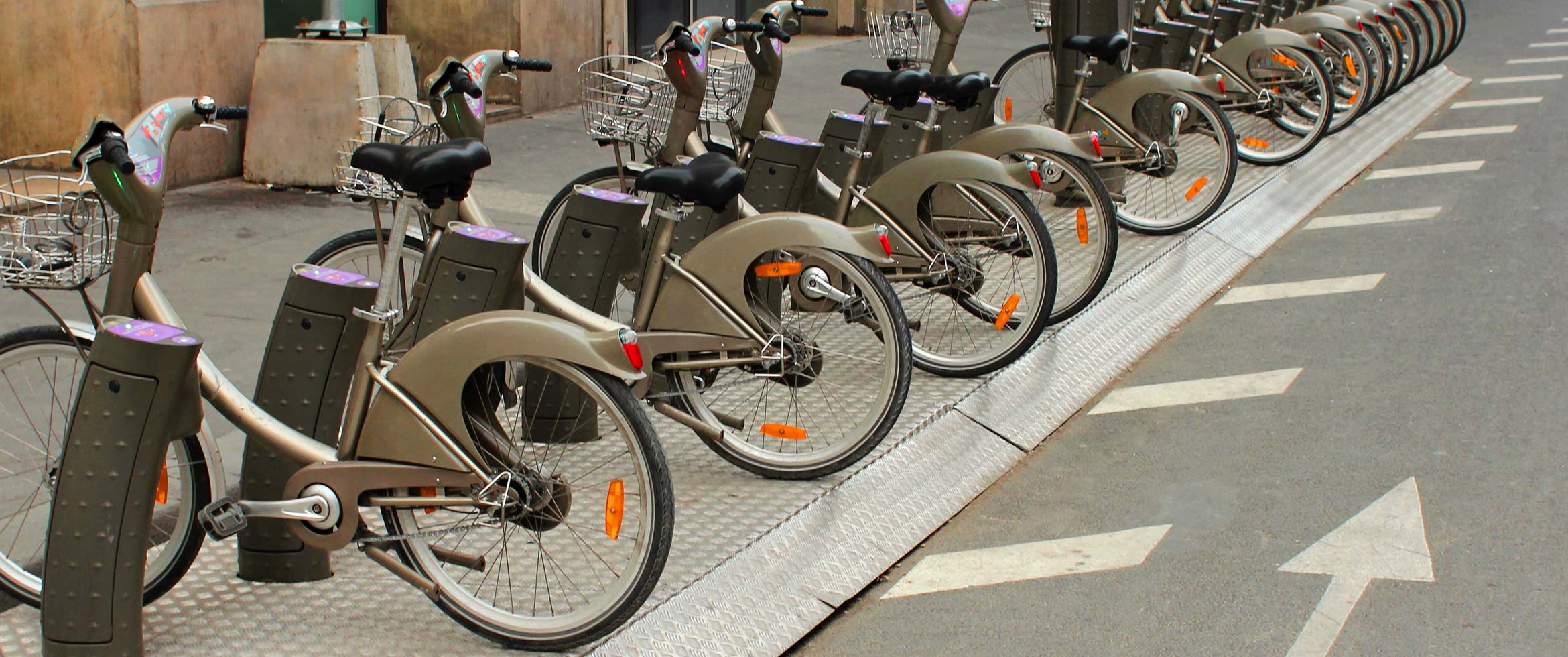Attitude-Based Target Groups to Reduce the Ecological Impact of Daily Mobility Behavior
Hunecke, M., Haustein, S., Böhler, S., & Grischkat, S. (2010). Attitude-based target groups to reduce the ecological impact of daily mobility behavior. Environment and Behavior, 42(1), 3-43.
Successfully Changing Individual Travel Behavior: Applying Community-Based Social Marketing to Travel Choice
Cooper, C. (2007). Successfully changing individual travel behavior: Applying community-based social marketing to travel choice. Transportation Research Record, (2021), pp. 88-99.
Using Community-Based Social Marketing Techniques to Enhance Environmental Regulation
Kennedy, A. (2010). Using Community-Based Social Marketing Techniques to Enhance Environmental Regulation. Sustainability, 2(4), 1138-1160
Twenty Years After Hines, Hungerford, and Tomera: A New Meta-Analysis of psycho-Social Determinants of Pro-Environmental Behaviour
Bamberg, S., & Möser, G. (2007). Twenty years after Hines, Hungerford, and Tomera: A new meta-analysis of psycho-social determinants of pro-environmental behaviour. Journal of Environmental Psychology, 27(1), 14-25.
Going Green? Modeling the Impact of Environmental Concerns and Perceptions of Transportation Alternatives on Decisions to Drive
Gardner, B., & Abraham, C. (2010). Going green? Modeling the impact of environmental concerns and perceptions of transportation alternatives on decisions to drive. Journal of Applied Social Psychology, 40(4), 831-849. doi:10.1111/j.1559-1816.2010.00600.x.
Car Use of Young Adults: The Role of Travel Socialization
Haustein, S., Klöckner, C., & Blöbaum, A. (2009). Car use of young adults: The role of travel socialization. Transportation Research Part F: Traffic Psychology and Behaviour, 12(2), 168-178. doi:10.1016/j.trf.2008.10.003.
Determinants of Active Commuting
Kayser, B. (2008). Determinants of active commuting. Preventive Medicine: An International Journal Devoted to Practice and Theory, 46(1), doi:10.1016/j.ypmed.2007.08.016.
Travel Mode Choice of Women: The Result of Limitation, Ecological Norm, or Weak Habit?
Matthies, E., Kuhn, S., & Klöckner, C. (2002). Travel mode choice of women: The result of limitation, ecological norm, or weak habit?. Environment and Behavior, 34(2), 163-177. doi:10.1177/0013916502034002001.
Values and their Relationship to Environmental Concern and Conservation Behavior
Schultz, P., Gouveia, V., Cameron, L., Tankha, G., Schmuck, P., & Franëk, M. (2005). Values and their Relationship to Environmental Concern and Conservation Behavior. Journal of Cross-Cultural Psychology, 36(4), 457-475.
Effecting Durable Change: A Team Approach to Improve Environmental Behavior in the Household
Staats, H., Harland, P., & Wilke, H. (2004). Effecting Durable Change: A Team Approach to Improve Environmental Behavior in the Household. Environment and Behavior, 36(3), 341-367.



